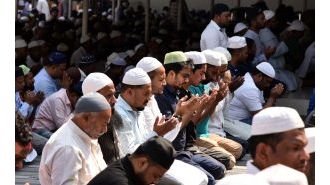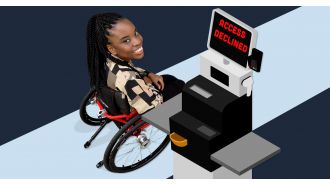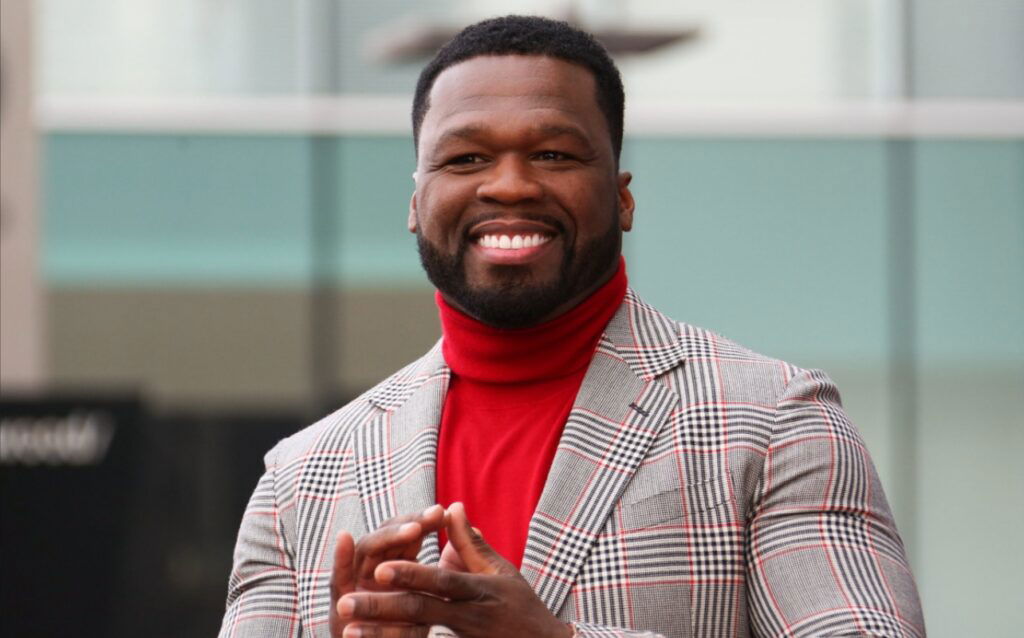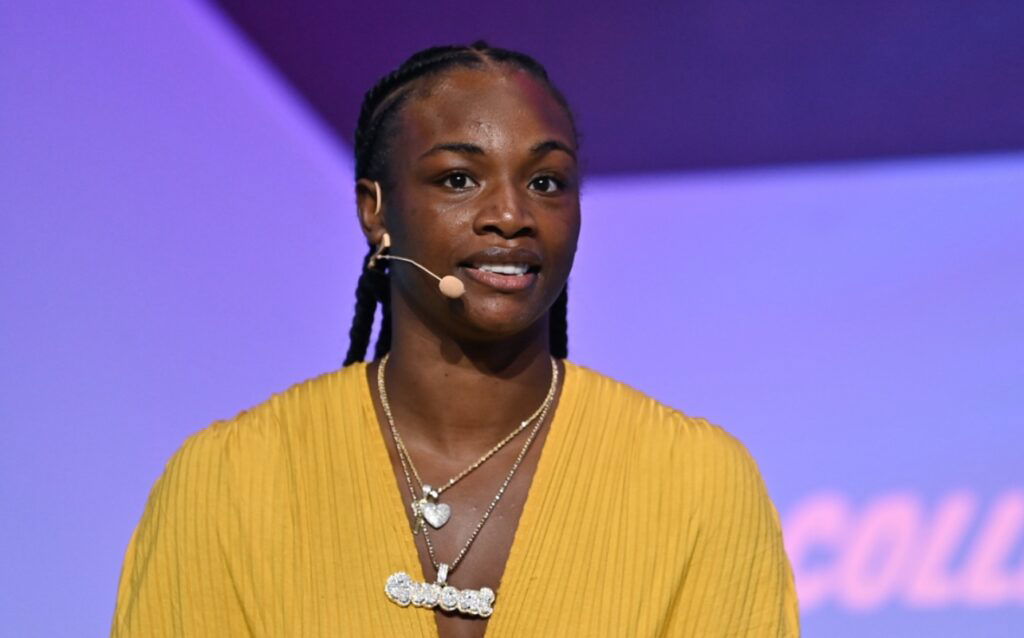Some people believe that the voting process was difficult this year, but they should be prepared for even more challenges with the implementation of ranked-choice voting.
Voting for Proposition 131 may result in your ballot not being counted if you don't rank candidates who don't meet your standards. It will be rejected.

As someone who is involved in politics, I have a method for evaluating candidates who are running for public office. One of my requirements is that they have not attempted to steal an election in the past. I know it may sound strange, but it has happened before. I also understand that most voters have certain non-negotiable factors that they consider when choosing a candidate, such as party affiliation, character, and policy alignment. I, like many others, have candidates that I cannot support under any circumstances.
However, there is a new proposition, Proposition 131, that could drastically change our voting process. If it passes in November, it would replace our current system in most races. The way it works is that anyone, regardless of party affiliation, can run in the primary and the top four contenders will advance to the general election. Then, in the general election, voters would be asked to rank the candidates in order of preference. This can be a confusing system, so let me provide an example. Let's say we have four candidates in a gubernatorial primary: State Senator Shannon Bird, a moderate Democrat, State Representative Elisabeth Epps, a Democratic Socialist, former GOP gubernatorial candidate Heidi Ganahl, and Libertarian Aron Lam, mayor of Keenseburg. On your ballot, you rank Lam as your first choice, followed by Bird, Ganahl, and Epps in that order. In the first round of counting, if no candidate receives 50% of the vote, the candidate with the least amount of votes is eliminated. In this example, Lam would be eliminated and your vote for him would then go to your second choice, Bird. The process continues until one candidate remains.
However, what happens if you only approve of one or two candidates? In this example, if you only selected Lam and Bird, your ballot would be considered "exhausted" after the second round and would be thrown out. Additionally, this system only applies to certain races, such as races for U.S. president, district attorneys, and county and city offices. This means that our ballots will now contain both the traditional voting method and the new ranked-choice voting method, making the process even longer and more confusing.
But what's most concerning is that the candidate who receives the most votes in the first round may not necessarily win. According to Denver City Councilman Kevin Flynn, in 51 ranked-choice election results, only eight candidates actually won with initial majority support. In some cases, such as the election for San Francisco Board of Supervisors, 60% of the ballots were exhausted and tossed out, resulting in a candidate with only 21% of the initial votes being declared the winner.
For example, in Alaska in 2022, Democrat Mary Peltola won the at-large congressional seat after they switched to ranked-choice voting. In the open primary, Republican Sarah Palin, Independent Al Gross, and Peltola were the top three vote getters, but Gross then dropped out. In the first round of the general election, Palin lost and those who selected her as their only choice had their ballots thrown out. However, those who chose Peltola or Palin as a second choice had their votes redistributed. In the end, Peltola, who only had 10% support in the primary, was declared the winner.
This is a perfect example of how this system can result in a candidate winning who may not have the support of the majority. And this could happen in our state as well. Let's say we have the same four candidates in the primary: Bird, Epps, Ganahl, and Lam. If Lam drops out before Election Day, in the first round of counting, Bird and Ganahl would have the most votes and Epps would be eliminated. Some of Epps' voters may have chosen Bird as their second choice, but others may not have made a second choice or may have chosen Ganahl. In the end, Ganahl could win by just a few votes, even though Democrats and left-leaning Independents hold a majority in our state.
It's no wonder that Alaska is considering repealing ranked-choice voting this November. And we should not start using it here. We should vote no on Initiative 131. It is important that we preserve a fair and representative voting system. Let's not deny anyone their rightful representation through a flawed voting scheme.
5 Views










